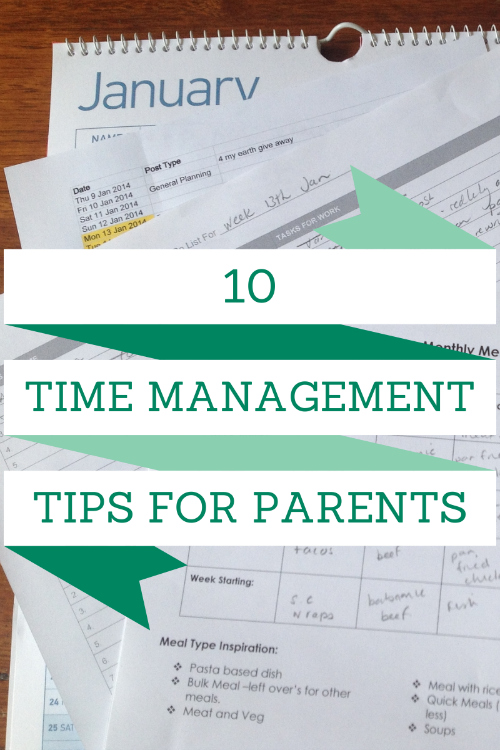1. Menu Plan
It is easy to spend considerable time contemplating what to cook and then run multiple times to the supermarket for the required ingredients. Menu planning eliminates this. I have written a number of posts on the menu planning process, which you can find collated here – Family Menu Planning FAQ and Monthly Menu Plan.
2. Spend Time Teaching The Children Tasks
It can often seem easier to do things yourself, but it the long term this is not going to give you any more time. By spending time teaching children to do simple tasks for themselves, not only will you increase their self confidence as you build their independence, but will eventually free up some time for yourself as you will not have to do this task for them.
Starting with small things like tying their own laces, making their beds, making a sandwich are good places to start. You can read my series on Increasing Independence In Children here. It covers:
- Using public transport
- Juicing oranges
- Cutting Food
- Grating Food
- Making Their Own Lunch
In these posts I outline some of the household tasks or chores our kids do:
- Kids Chores – What My Kids Do In The Morning
- Kids Chores – What My Kids Do After School
- Kids Chores – What My Kids Do In The Evening
3. Create A System For Managing Paperwork
Paper shuffling and procrastinating over paperwork can suck up a huge amount of time. Set yourself up a process for how you will deal with the incoming paperwork and then stick to it. I have set up a process for managing school paperwork and have found that it saves me time and makes sure I complete the relevant forms on time.
4. Allocate Time For Yourself
I find to be effective with my time, I need to have adequate space and time to recharge my batteries through the week. It is important to plan to have time to yourself as a mum/dad so you can keep yourself well, gain perspective and have time to think.
To be able to allocate time to myself I need to know where I am spending my time, so I regularly write down my week to see where I can fit in those things important to me. I detailed the process in this post – Writing Down My Week.
5. Prepare In Advance
I find this to be particularly important for me at the moment as I have a beautiful new born baby who is yet to have any defined “routine”. We have a rough starting and end point for his day, but in between those points it all really depends on the day! With this in mind, I try to do as much as possible when he is asleep.
My lunch box process which you can see here means I do most of it the night before. My husband and I also have set tasks that we do at night before we go to bed to make sure we start the day with a clean slate – 10 Things To Do Before You Go To Bed.
6. Play With The Kids
With a never ending to do list, you can fall in the trap of forgetting the most important part of parenting, having fun with your kids. It is important to plan some time to stop and play. I think such an essential thing to do for many reasons, firstly because it is fun, the children love it and adults don’t play enough – it always makes you feel better. Secondly by spending regular time with them, when you need some time to get jobs done, you can explain this to the children and they are less likely to be disrupting your task, demanding your attention.
7. Have Routines
Not every one is a fan of routines, but I find that they allow children to take greater responsibility for themselves. They know what is expected of them and when and therefore can do more activities autonomously. You can see our kids routines here.
8. Keep A To Do List
As much as I love my Mac and technology, one of my favourite tools is the traditional pen and paper to do list. I have a small notebook that I use for this. At the start of each week, I will write myself a list of activities that need completing. I include on this all activities that are known big and small.
The to do list then allows me to be more efficient with my time. I can group activities that can be done together. For example if I need to buy presents for the children’s friends parties, return the library books and buy bread then I will group these tasks. I will make one trip to a shopping strip near the library so I can complete them all in one trip.
9. Delegate / Share Tasks
This tasks is a work in progress for me. As noted in my Thank You post recently, I have been very lucky to have help from great friends and family. Often I get stuck in my ways and see the only option as me having to do it all. This is not the case as I have a very helpful and supportive husband, family and network of friends.
Taking people up on their offers of help and delegating tasks to your partner are certainly ways to better manage your time. Naturally this is not a one way street and I am always happy to help others in this way as well.
10. Communicate With Your Partner
This sounds quite obvious, but i often have a very clear idea of what I am doing and assume my husband does as well. Chatting about what is on our to do lists, we can then work out cross overs and how we can help each other out. My husband works in the city, so has access to major department stores, so if I need to do something like change over the size of a child’s new item of clothing, he can often do this for me.
Need some help prioritising your time?
Sometimes the list of things we feel we have to do, the things we want to do and things other people want us to do can be overwhelming. Having a single goal can help you set your priorities and have a focus that you can filter decisions through. If you would like help setting a single goal then my e-course Planned & Present can help you. Through out the course lessons I will take you on a journey where we work out where you are spending your time now, determine where you want to be spending it and creating a plan to get you there. The course will deliver to you:
- Clarity and confidence to deal with competing interests – by determining your “why” you can make navigating this minefield much easier.
- Creation of positive habits – through learning about why habits work and how you can fit them into your life permanently.
- Routines, processes and plans to organise the chaos of family life – there are templates for you to use and routines to follow, so you don’t have to start from scratch.
Planned + Present is a seven week e-course to take you from feeling our of control and overwhelmed to feeling planned and present. It is a step-by-step guide on how to organise the chaos of family life while still leaving space to enjoy it.
With the drive of wanting to be organised it can be easy to forget why we want to be organised – to be able to spend more time enjoying our family. The course teaches you how to establish plans and processes for those repetitive tasks of family life, allowing you to be more effective and efficient with your time, so you can be more present with your family. It also shows you how you can spread some of the workload to others in the family, so you don’t feel like you are the worker bee all the time.
Planned and Present includes seven in-depth lessons, for you to work through. And with lifetime access to the course, it’s okay if you fall behind.
To find out more about Planned & Present and sign up for the course head here – Planned & Present.


